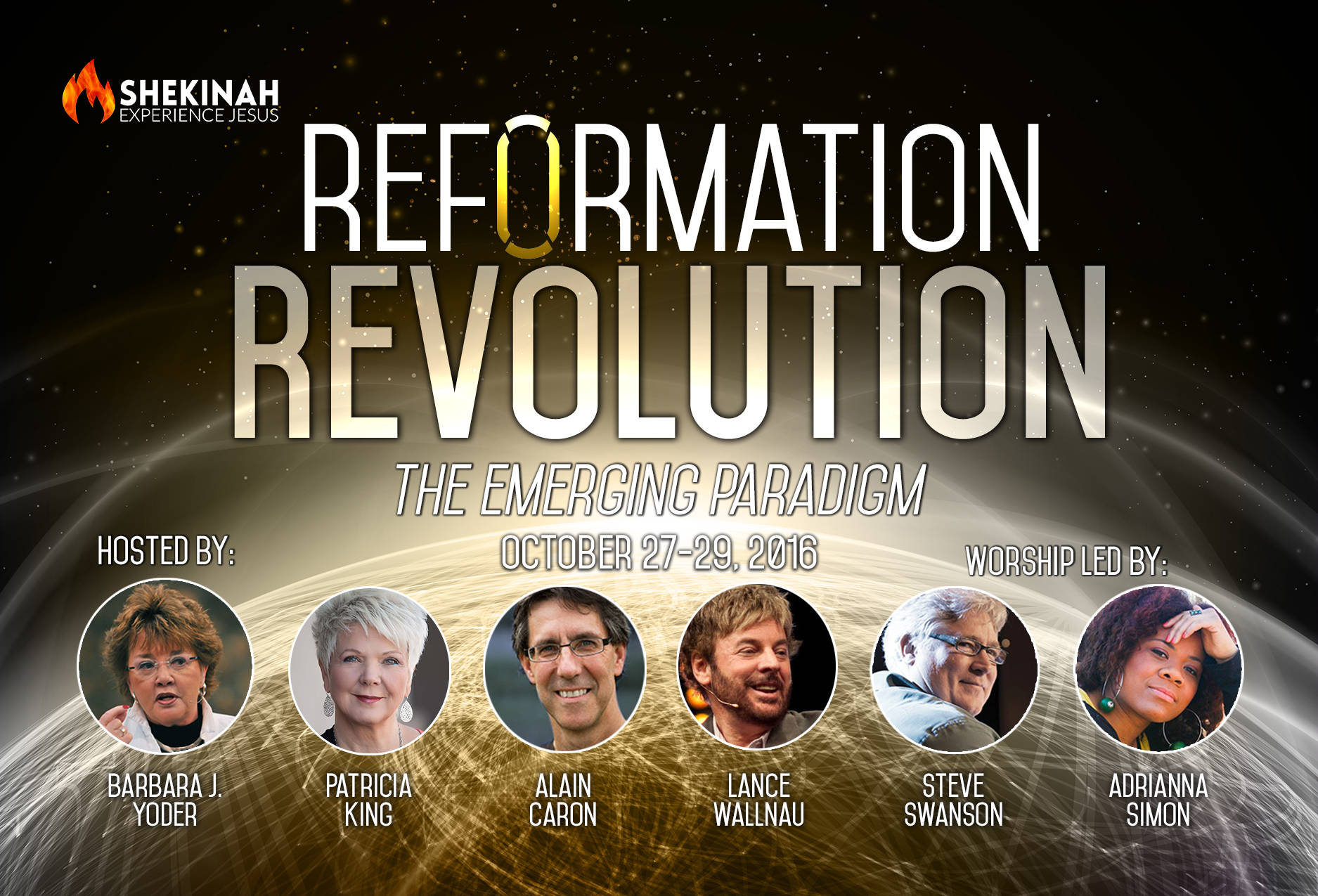


11).Ĭhapter 3 focuses on the anti-Nicodemite sentiment that flourished among Marian Protestants, and argues that anti-Nicodemism did not disappear with Elizabeth’s accession, but continued to be debated well into the 1590s.

Many reformers believed that living according to Christ’s teaching would cause ‘permanent strife between the followers of Christ and the children of Satan’ (p. Chapter 2 reveals the inherent conflict between peace and reform: few evangelicals shared Henry VIII’s belief that the establishment of a national Church would ‘bring an end to religious strife’ (p. 9).Ĭhapter 1 provides a re-evaluation of the intellectual landscape of early English Protestantism, and argues that calls for ecclesiastical reform were not an Elizabethan phenomenon, but were ‘being openly canvassed at its very start’ (p. Gunther’s expertly argued thesis rests on the observation that English evangelicals ‘were envisioning the reformation in ways that were far more radical than we have hitherto recognized’, and that they ‘had been part of the English Reformation’ from its beginning (p. In Reformation Unbound, Karl Gunther provides an important revision of the current historiographical opinion on reform in Reformation England.


 0 kommentar(er)
0 kommentar(er)
